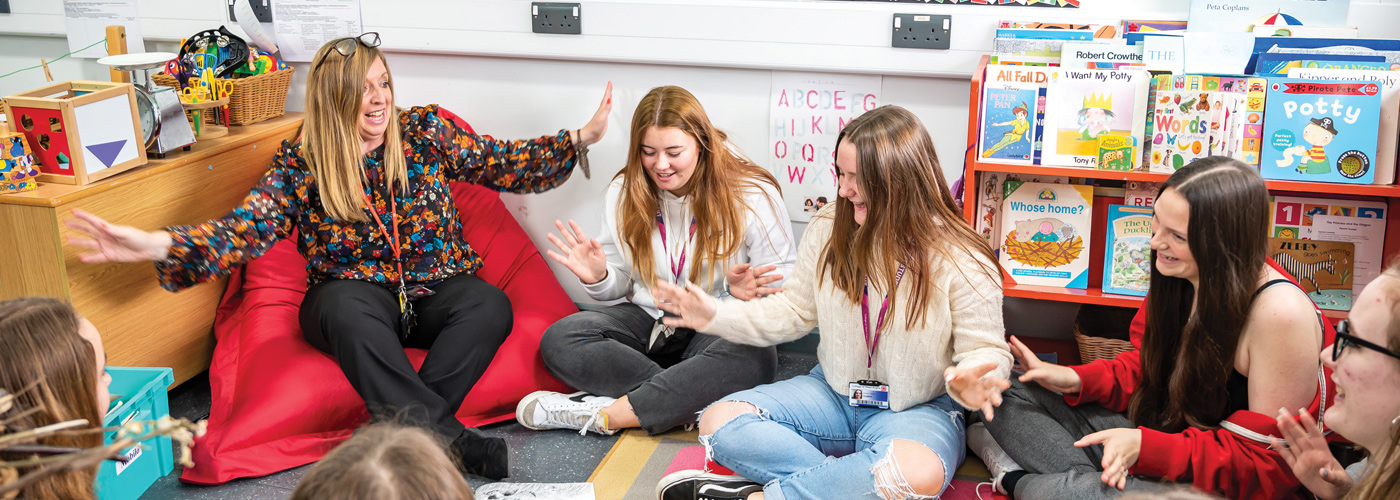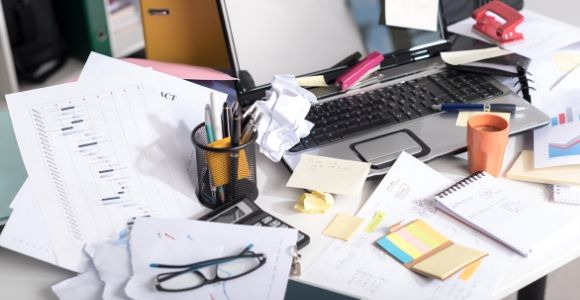Tidying up has become a craze, thanks to the Japanese guru of de-cluttering, Marie Kondo, and her KonMari method. Her Netflix show and best-selling book have encouraged millions of people to chuck out the old and settle into a calmer, more organised way of life.
If you’re reading this surrounded by mounds of paper at your desk, you might be wondering whether some decluttering might also have productivity benefits in the office. The short answer is yes, but there can be a few benefits to letting things pile up too. Here’s what the experts say.
Messy desks waste time
If you’ve ever found yourself digging through the mountains of paper on your desk to find a report that you swear was right there just a moment ago, you are not alone. Research has found that the average worker spends a total of one week a year looking for misplaced items among the clutter.
Mishandling paperwork can also mean making mistakes with customers, which has a direct impact on the bottom line.
Clutter causes extra stress
It’s not just the time lost directly to losing things – a messy environment affects everything we do, from our decisions to our relationships with others. Studies have found that people living and working among clutter are more likely to procrastinate and struggle to focus.
“Cluttered spaces can have negative effects on our stress and anxiety levels, as well as our ability to focus, our eating choices, and even our sleep,” says Libby Sander, assistant professor of organisational behaviour at the Bond University Business School.
Mess makes others judge us negatively
You think you’re working too hard to tidy up, but everyone else just thinks you’re a slob. That’s the message of a survey of 1,000 workers which found people routinely judge their messy co-workers.
Nearly half say they have been “appalled” by their colleagues’ workspaces and they attribute mess to pure laziness. So, if you’re looking to climb the ladder at your current job, it might be time to start wondering what the state of your desk says about you.
But chaotic environments can make us creative
There is one advantage to letting towers of paper grow on your desk: it could be encouraging a more creative environment. In one experiment, researchers asked people to come up with new uses for ping pong balls: those in messy rooms came up with more interesting and imaginative ideas.
“Disorderly environments seem to inspire breaking free of tradition, which can produce fresh insights,” says social psychologist Kathleen Vohs. “Orderly environments, in contrast, encourage convention and playing it safe.”





